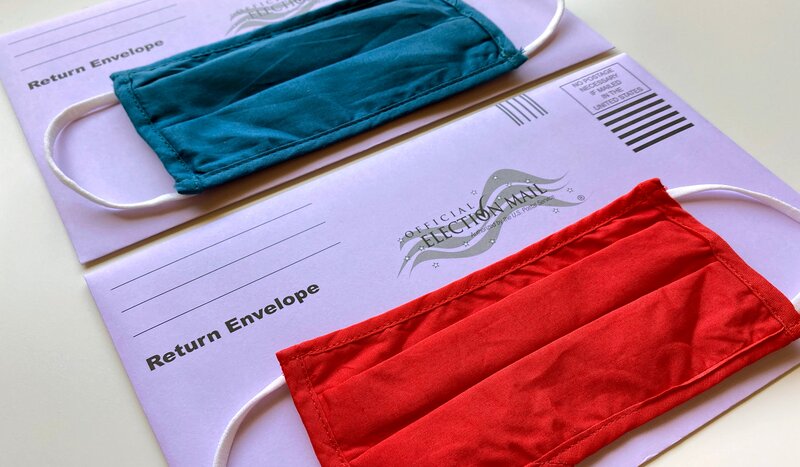
Transparency: A Key to Public Confidence in Elections
video
The key to public confidence in elections is transparency in the electoral process. Lia Merivaki, a member of the Carter Center’s U.S. Election Expert Study Team and an assistant professor in American politics at Mississippi State University, led a panel of experts in a discussion of the biggest challenges facing journalists covering the election, the importance of transparency, and best practices that elections offices and journalists can adopt to foster more transparency and reinforce public trust in the electoral process. The panel included the following experts:
- Rachel Glickhouse, a journalist and the partner manager for ProPublica’s Electionland project
- Dr. Kathleen Hale, a professor of political science at Auburn University
- David Becker, the Executive Director and Founder of the non-profit Center for Election Innovation & Research
Key Takeaways:
- One of the biggest hurdles for journalists at this time is balancing the need for simplicity in their reporting with the complex reality of the elections process.
- Since voting has begun, journalists should focus on helping their readers make voting plans by supplying information about where and how to vote, rather than reporting on problems that cannot be substantively addressed at this time, like polling place closures, and which ultimately may depress turnout.
- Accountability reporting is very important, but the best time to do it to have an impact is when legislatures are passing election laws and governments are allocating funds for election administration.
- It is important for journalists to humanize election officials and to understand who is accountable for which part of the electoral process. Do not blame an election administrator for something that is decided by the governor, for example!
- Journalists should guide readers towards the many electoral offices providing transparent information, like apps to gauge wait times at the polls, and cover audits and vote curing efforts as the vote is tallied in order to reinforce confidence in the system.
- Journalists should put polling place failures in context of the whole system by also covering what is working to not misrepresent an individual case into a systemic one.
- It is a lot easier to get a voter to opt out of their own volition (by priming them for a negative voter experience) than it is to intimidate someone who wants to vote and is at the polls. Do not let your reporting contribute to this!
Next Steps:
- Check out our Say This, Not That list of best practices around language
- Read this guide on election audits by our partners at VotingWorks to know what to cover after the polls close
- Learn everything you need to know about vote curing
- Connect with a trusted elections expert through our network
- Make a roadmap for your coverage with our Scenario Planning Guide
